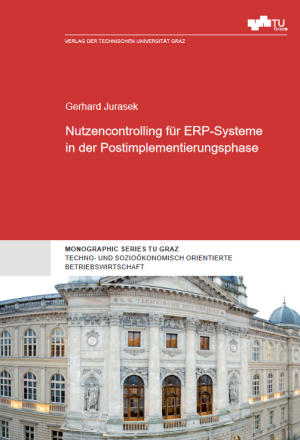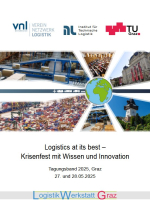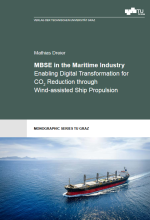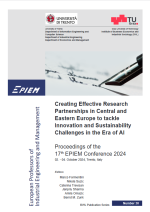Implementing ERP systems requires costly investments and year long projects. But the expected benefits are often not realized. Immediately after going live in many cases a performance drop occurs lasting for several months. The research field benefits management offers concepts, however is not common in practice. That is why benefits realization is still a problem even 30 years after market introduction of ERP-systems.
This thesis investigates benefits realization for ERP systems in practice based on the Mixed Methods Approach.
In the qualitative study 44 interviews are conducted to recognize and quantify benefits by means of key figures and to analyze how benefits can be realized over the life cycle.
In the quantitative study 12 key figures, which were downloaded from ERP systems for a period of 24 months after going live, are analyzed.
The result is that implementing an ERP-system is not finished with going live, but requires permanent efforts for benefits realization in order to optimize business processes, provide user trainings and further development of an ERP-system in order to exploit the benefit potentials of an ERP-system.
Finally a concept of a benefits controlling is presented in order to support benefits realization over the entire life cycle of an ERP-system.
Issue: Open Access E-Book
ISBN: 978-3-99161-012-0
Language: Deutsch
Release date: January 2025
Series: Monographic Series TU Graz / Techno- und sozioökonomisch orientierte Betriebswirtschaft
Implementing ERP systems requires costly investments and year long projects. But the expected benefits are often not realized. Immediately after going live in many cases a performance drop occurs lasting for several months. The research field benefits management offers concepts, however is not common in practice. That is why benefits realization is still a problem even 30 years after market introduction of ERP-systems.
This thesis investigates benefits realization for ERP systems in practice based on the Mixed Methods Approach.
In the qualitative study 44 interviews are conducted to recognize and quantify benefits by means of key figures and to analyze how benefits can be realized over the life cycle.
In the quantitative study 12 key figures, which were downloaded from ERP systems for a period of 24 months after going live, are analyzed.
The result is that implementing an ERP-system is not finished with going live, but requires permanent efforts for benefits realization in order to optimize business processes, provide user trainings and further development of an ERP-system in order to exploit the benefit potentials of an ERP-system.
Finally a concept of a benefits controlling is presented in order to support benefits realization over the entire life cycle of an ERP-system.






